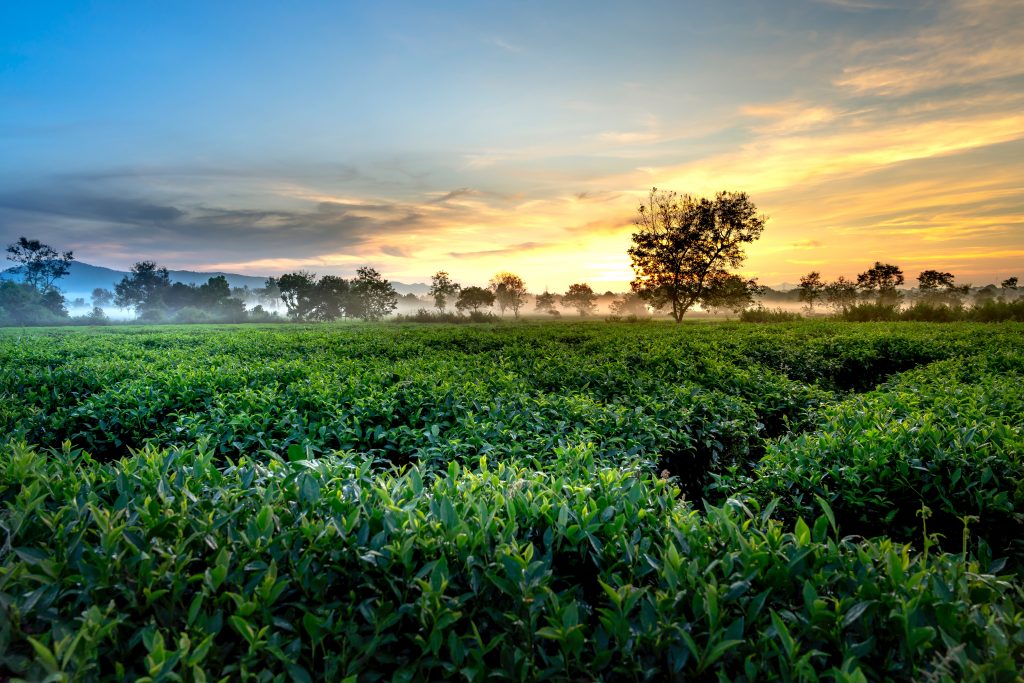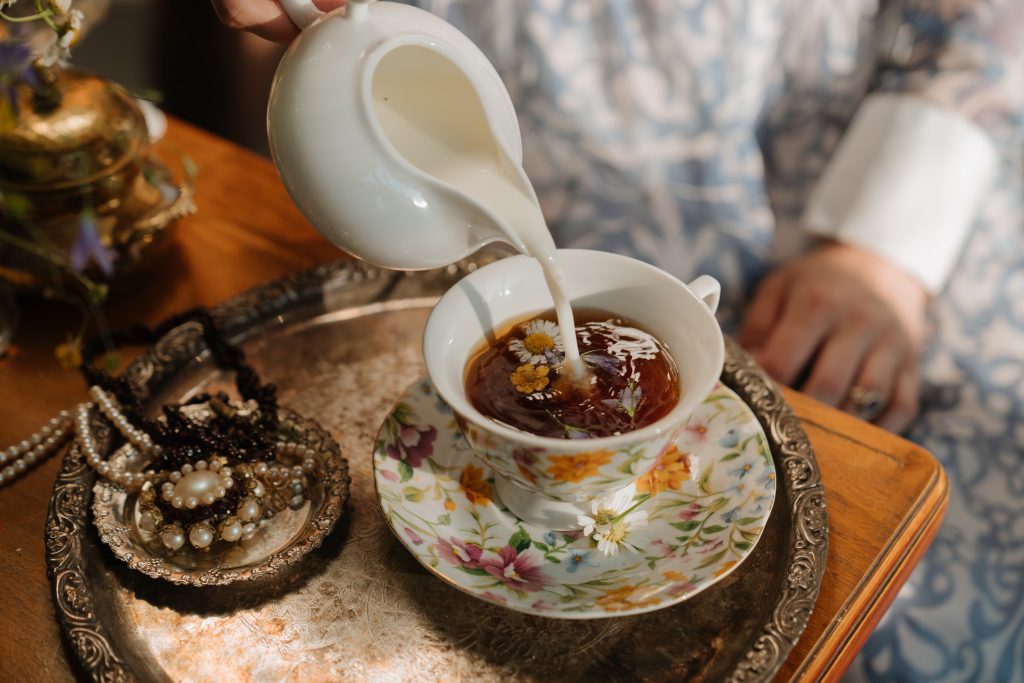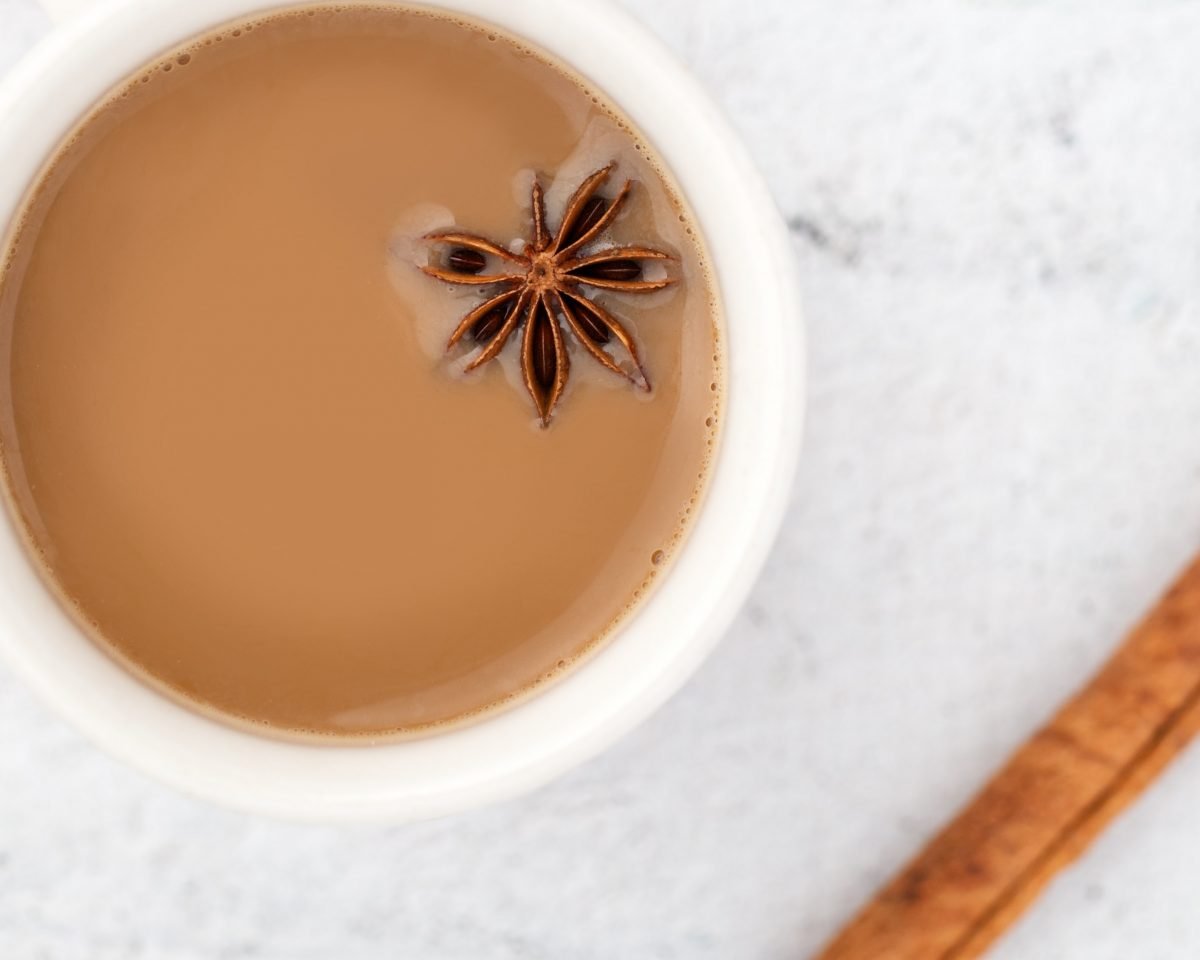The habit of drinking Tea has been assimilated in cultures across the world to such an extent that we often forget the big distance these tiny, astringent tasting leaves cover to rejuvenate our mood. On December 21, the Food and Agriculture Organization - a body of the United Nations, celebrates International Tea Day to observe the aromatic beverage’s contributions to the upliftment of the social status of the poor, raising awareness for sustainable growth of tea plantations and the deeply-rooted cultural significance of the crop.
The United Nations celebrated this Day on May 21 and since 2005, major tea cultivating countries- India, Sri Lanka, Nepal, Vietnam, Indonesia, Bangladesh, Kenya, Malawi, Malaysia, Uganda, and Tanzania.


Initially, tea leaves were boiled in a pan to make a stimulating potion and were ingested for their invigorating properties. The root word for tea, i.e. the Chinese “tu” meant “bitter herb” and it seems justified as no other ingredient was added to the leaves except boiling water. From here it spread to Vietnam, Japan, Korea. In the 16th century, the Dutch East India Company spread the “tea-culture” throughout the islands of Java along with the adaptation of the native Chinese word to “thee” which later became “tea”.
There are varieties of tea ranging from Oolong, Earl Grey, Green Tea, Pu-erh- adding up to a total of twenty-six broad categories of tea varieties. Although, the trend of sticking to tea leaves is gradually shifting to more traditional tea-drinks like Barley Tea, Chaga Tea, Chamomile Tea, etc. The basic intention behind the consumption, however, remains the same which is using tea as a relaxing stimulant for the tired mind and the body. It also helps patients with heart disease, high blood pressure, cancer, and diabetes.


There have been long debates against the effects of tea on health. Some are suspicious of its health benefits owing to the presence of caffeine. There have been comparisons with other beverages as well. It should be considered that the polyphenols in tea help in reducing anxiety due to regular consumption during a certain time of day. Excess of anything is harmful to one’s health.
Something as favorite as tea can be harmful if taken in large amounts. Health experts, Nutritionists, Doctors recommend a cup of tea a day for good health and good mood. More than that can lead to addiction to caffeine. Tea is an energy provider that is why it should not be taken at night otherwise it may lead to insomnia.


Even after much debate, tea continues to secure the second most consumed beverage after water. The branding continues to thrive under the different categories of herbal tea, medicinal tea, organic tea, green tea, etc. Countries like England and Japan have tea-oriented customs.
In Japan, the Ocha-ceremony is a vigorous custom of tea making through which the upbringing of a family, its values are reflected. There is a proper posture in which it needs to be carried out, adequate utensils to be used, and a certain way to drink the “Ocha”.
In the end, enjoy tea but don't be carefree. For students, tea can help in juggling health and e-learning. Take a little precaution in the time and number of cups consumed and experiment with the flavours of the refreshing beverage.






